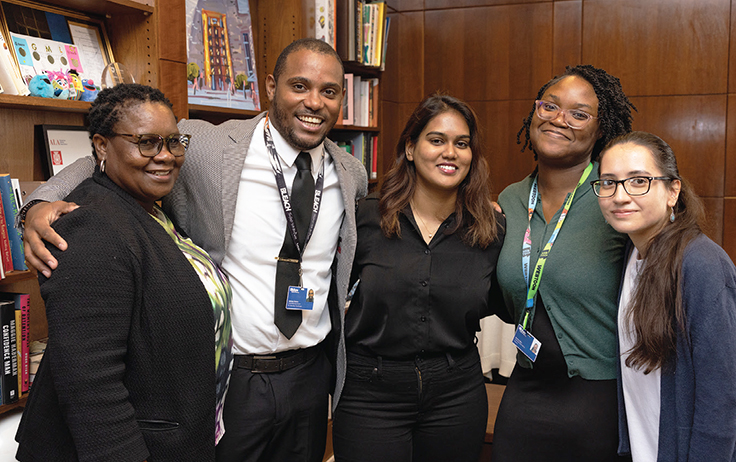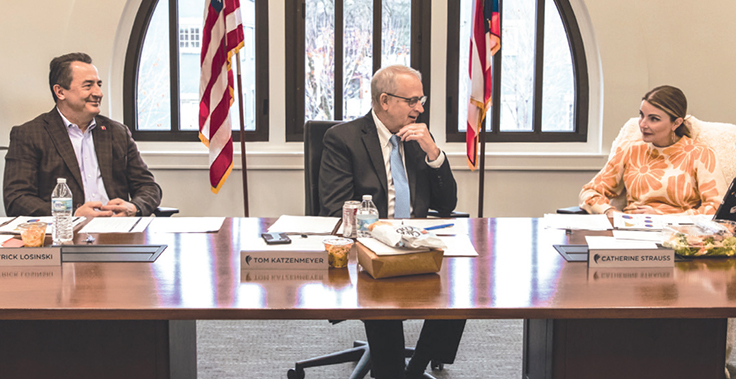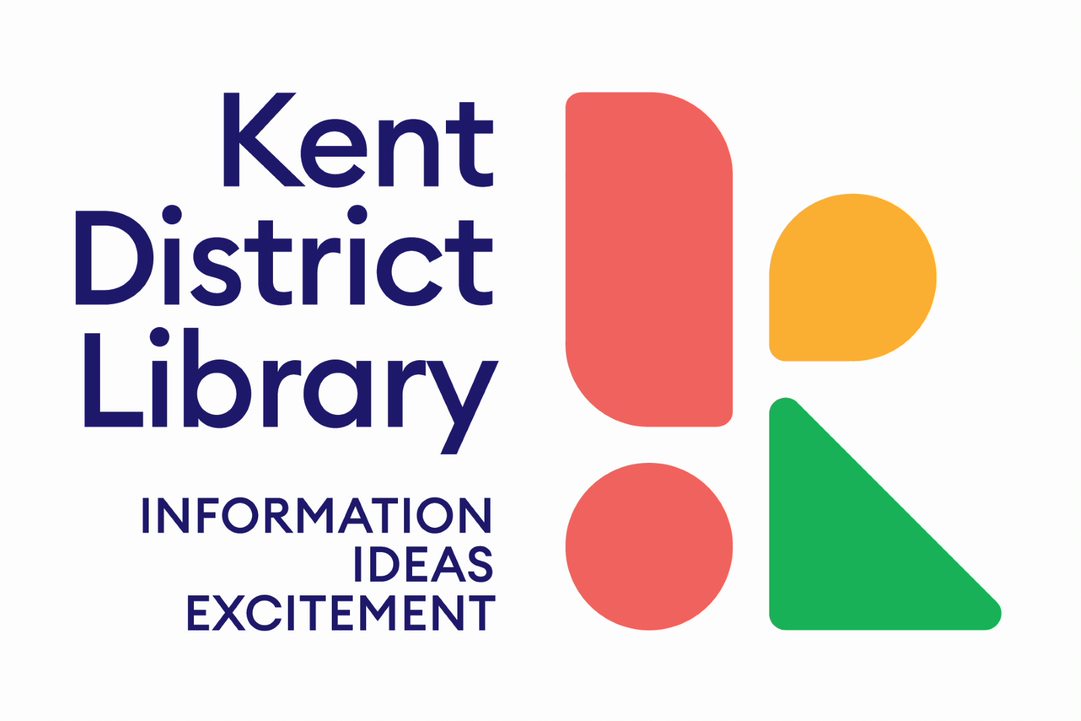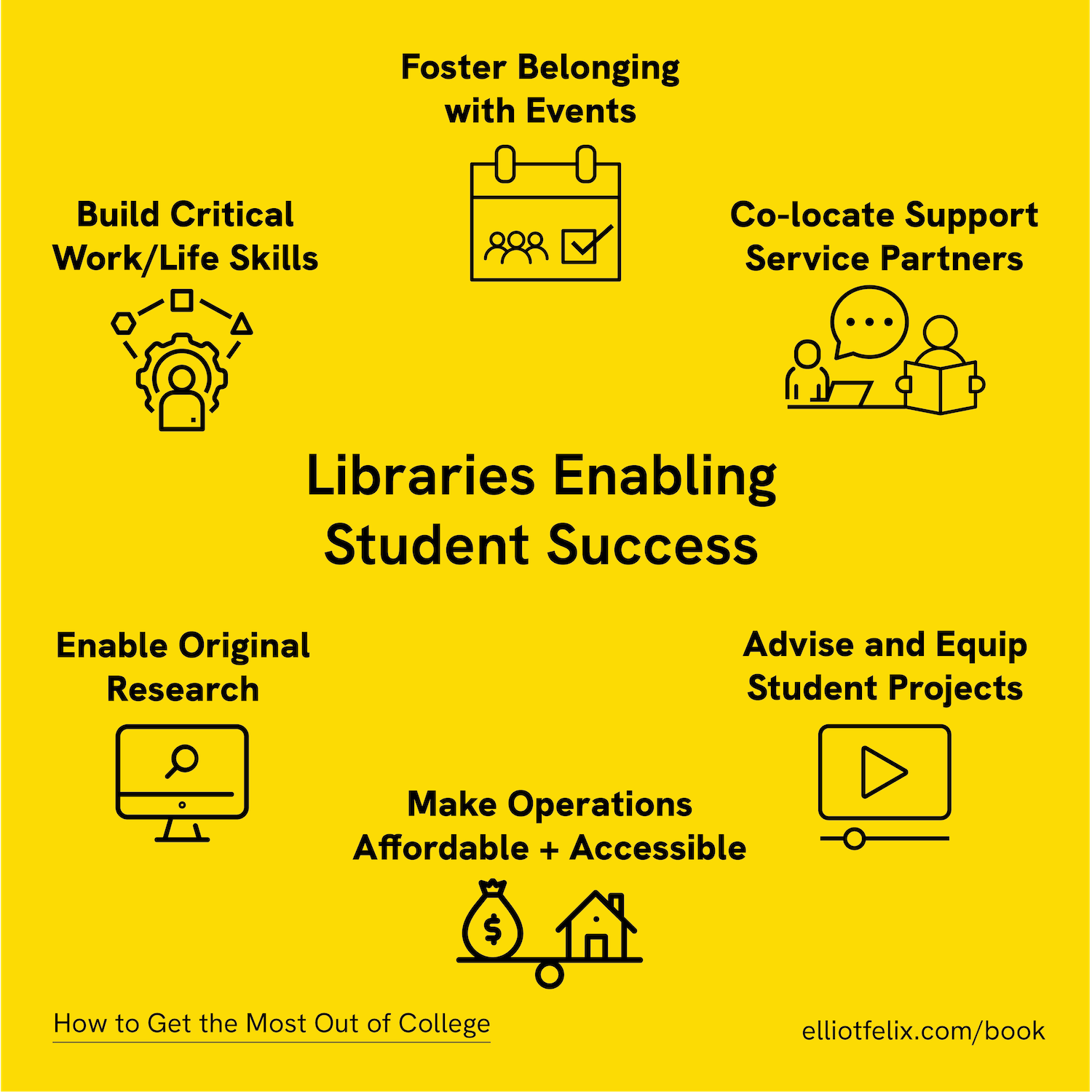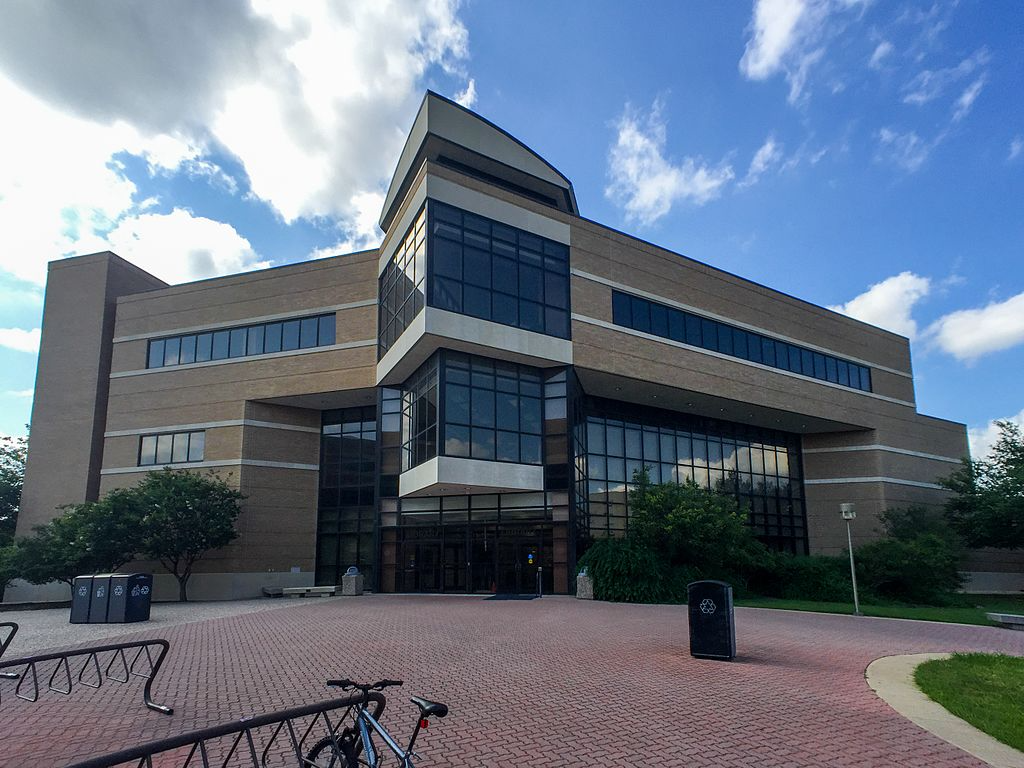News
There are many barriers to earning a Master of Library Science degree, particularly for those in minoritized populations, and moving the needle for would-be librarians has proved to be a challenge. Initiatives to increase diversity in librarianship have been slowly increasing. Among these, the Pathways to Leadership program at Brooklyn Public Library (BPL), launched in 2021, is a particularly strong example of how wraparound support can look—and succeed.
As library leaders contemplate retirement, are their libraries—and the next generation of leaders—ready for the change?
Executive leadership development is imperative for the future of any organization, and this was especially pertinent to Columbus Metropolitan Library as my retirement announcement grew closer. I decided to strategically tap the expertise of our library board of trustees because of their external organizational perspectives on talent management.
In 2019, Kent District Library’s human resources department (HR) set out to strengthen its approach to staffing the organization. Our goals were to create greater equity in the selection process through reduction of implicit bias; improve the viability of candidates through competency testing; and ensure the quality of hires to help reduce first-year turnover, improve the diversity of the workforce, and ensure their competency on the job.
Eileen Rhodes was named one of Library Journal’s 2021 Movers & Shakers for her work bringing Open Educational Resources to Capital Community College in Connecticut, enabling students who struggled with the cost of textbooks to continue pursuing their degree. We recently reached out to Rhodes and learned she’s currently the interim library director for Connecticut State Community College, a role that’s shifted her priorities and sent her in new directions.
The employees working the front desk are the ones who face the parent angry about a book’s content, the delegate of a group challenging the library’s right to select and shelve titles as it sees fit, or the media looking for an impromptu comment.
At a time when the cost of higher education is rising and so are questions about its value, libraries can lead the way in enabling student success and helping students get the most out of college. To do this, college and university libraries must continue their transformation from places to access information to places to also create, connect, and grow.
As frontline public library workers experience increasing levels of trauma on the job, a recent report and forum consider how to help disrupt the cycle.
Texas A&M University restructured its University Libraries’ administrative system, including rescinding tenure—and eliminating the tenure process—for librarians. As of the fall semester, library faculty will be required to either give up their tenured status to remain full-time library staff members, or transfer to another academic department to keep or continue to pursue tenure, and teach credit-bearing courses with between 10 and 70 percent service in the libraries.
ALREADY A SUBSCRIBER? LOG IN
We are currently offering this content for free. Sign up now to activate your personal profile, where you can save articles for future viewing
